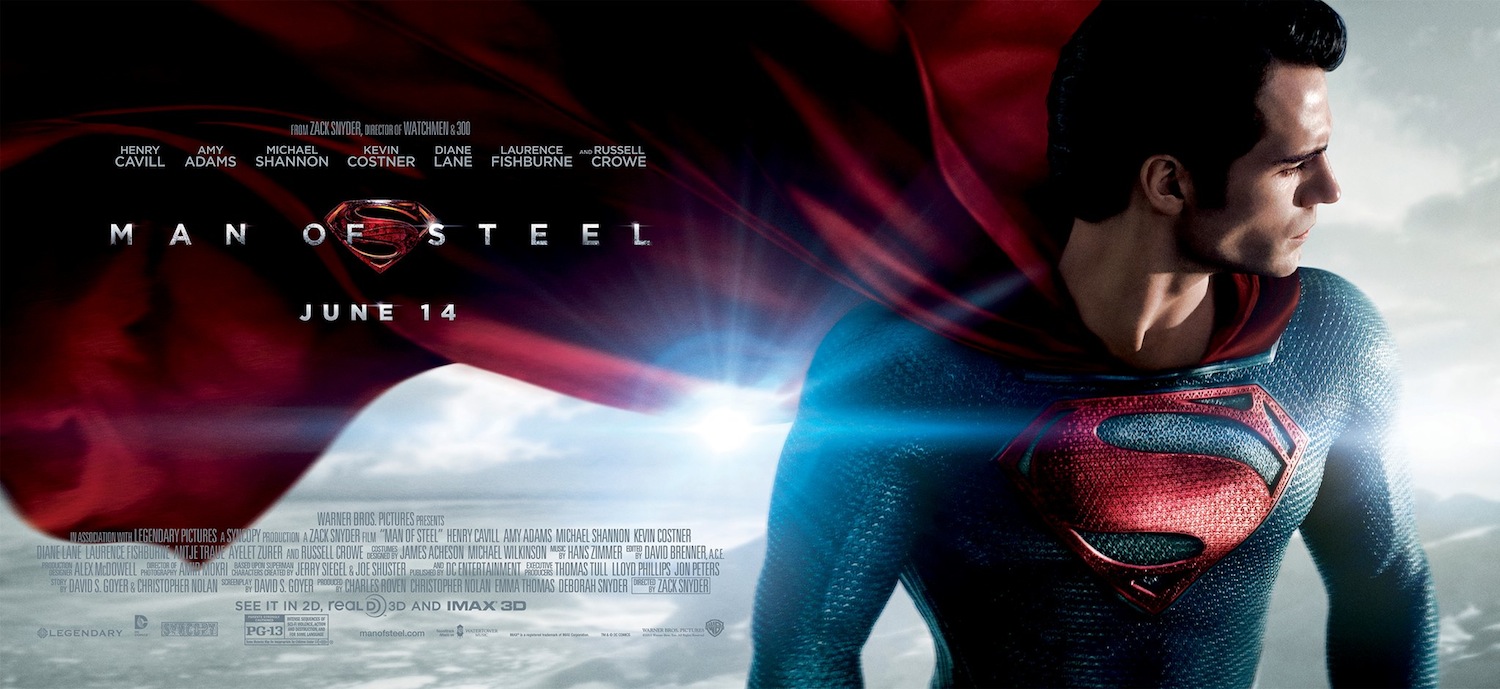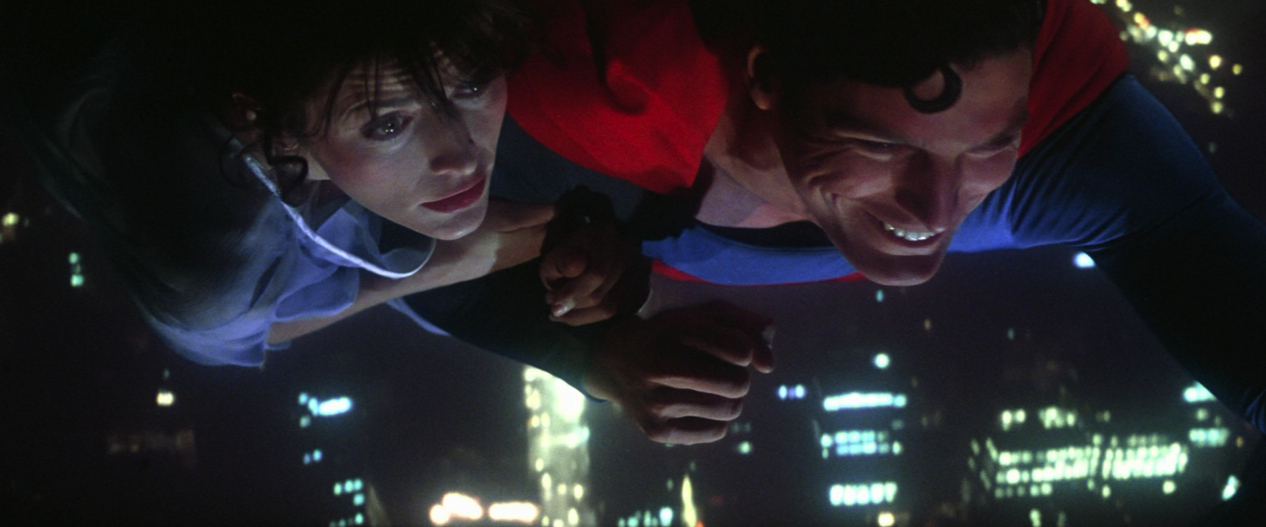I ended last week’s psychology of Superman article with the following:
"If [Man of Steel] focuses on Clark’s loneliness as the last son of Krypton, the humanity of Jonathan and Martha Kent, and Superman’s sympathy for humans, it’ll be successful in rekindling our empathy for this superhero."
Was Zack Snyder successful in rebooting Superman? Yes, absolutely!
Man of Steel worked because it focused on Kal-El’s science fiction origin and Clark Kent's connection to humanity. Much of the story highlights Krypton, its culture, technology, and downfall. While reviews have criticized the Alien, Dune, Independence Day, and War of the Worlds feel of Man of Steel, I loved its star-child foundation. The geekiness of this film allows for interesting, albeit familiar, threads on cloning, first contact with aliens, and terraforming.
Man of Steel is best when it gets inside Clark Kent's head, specifically his loneliness as the last son of Krypton and his love for his adopted home of Earth. Critics find this part of the story "too dark", "melancholic", and claim it's an inappropriate "Dark Knight-ification of Superman”. I disagree – Superman has always been the story of an immigrant's escape from a doomed civilization. It's a dark origin.
Critics are also comparing Man of Steel to Richard Donner's 1978 Superman. Yes, the original Superman singlehandedly launched the superhero movie genre and everyone loves Christopher Reeve's portrayal of the superhero. But that movie isn’t sacred to me. You have to remember that it’s the film that had Superman reversing the rotation of the Earth in order to travel back in time to save Lois Lane. That might have worked in the 70s but audiences would never buy that today. Man of Steel has its flaws, but no one doubts that this Superman exists in our modern world (unlike 2006’s Superman Returns).
Man of Steel does have issues. The film's MacGuffin is completely disposable compared to the more interesting story of Clark’s transformation into Superman. Krypton looked too much like Avatar's Pandora. The defining moment between Clark and his dad didn't work for me (even though I adored Kevin Costner’s Jonathan Kent). The 2nd act has some major plot holes that require big leaps of faith (e.g. how Lois and Clark meet, the fortress of solitude, the phantom zone). The fights feel like they're lifted from the recent Injustice video game. While that type of building busting violence is awesome on the Xbox, it’s hard to follow on the big screen. Amy Adams’s Lois Lane was great, but she only worked in service of the male hero (Matt Zoller Seitz describes this disturbing trend in his review).
Despite that long list of concerns, I deeply enjoyed this film. I don’t demand perfection from cinema, but I expect films to make me feel something and leave me with ideas that live on in my head. As the son of two immigrants, I identified with Clark’s feelings of being alone, different, and yet completely connected to the only home I’ve ever known – America. Will it occupy my thoughts? Not as much as The Dark Knight trilogy, but far more than any previous Superman film.
Rating: 7.5/10
Check out Slate’s review for a great comparison of superhero movies and medieval religious art. For a harsher critique, read AV Club.







